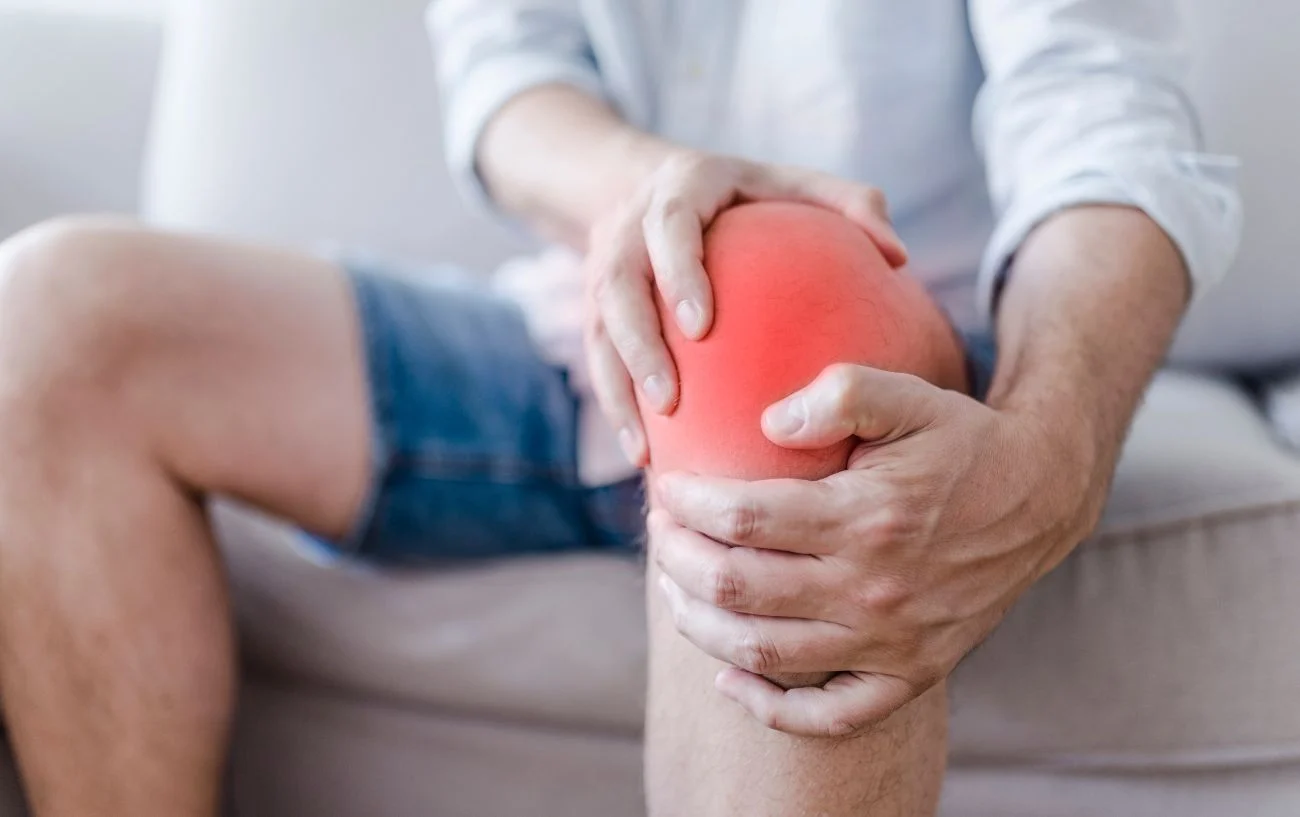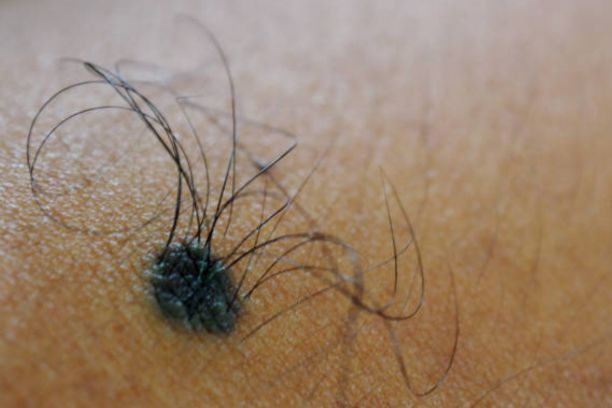Have you ever noticed a peculiar symphony emanating from your knees as you climb the stairs or bend down to pick something up? If your knees snap, crackle, and pop like a bowl of Rice Krispies, you’re not alone.
This puzzling auditory phenomenon can be disconcerting, but it’s a common occurrence for many people.
This article explores the fascinating world of joint acoustics and delve into the reasons behind those delightful knee noises. We’ll also discuss whether you should be concerned and what you can do to treat or prevent this audible crunchiness.
So, let’s uncover the mysteries behind why our knees sometimes sound like a breakfast cereal.
Table of contents
Why Do My Knees Sound Like Rice Krispies?
If your knees make cracking or popping sounds like Rice Krispies, you’re experiencing a phenomenon known as crepitus. Crepitus is the audible noise that joints can produce when they move. The specific sound you hear is often attributed to the release of gas bubbles within the synovial fluid, a lubricating substance that surrounds and nourishes your joints.
Inside your joints, there is synovial fluid that contains dissolved gases, primarily oxygen and nitrogen. When you move your knee joint—such as when you bend or straighten it—the pressure within the joint changes. This can cause these dissolved gases to form into small bubbles.
In most cases, this cracking or popping is harmless and doesn’t indicate any underlying joint problem. It’s a natural consequence of joint movement and is often more pronounced in certain positions, such as when you squat or kneel.
See also: How Tall is Jack Skellington? All the Facts and Details
What are some treatment options for noisy knees with pain?
If you’re experiencing noisy knees that are accompanied by pain, there are several treatment options you can explore. It’s essential to consult a healthcare professional for a proper diagnosis and personalized treatment plan. Here are some potential treatment options:
Physical Therapy
A physical therapist can design a customized exercise program to strengthen the muscles around your knees and improve joint stability. These exercises can help alleviate pain and reduce joint noises.
Pain Medications
Over-the-counter pain relievers, such as nonsteroidal anti-inflammatory drugs (NSAIDs), can help manage pain and inflammation associated with noisy knees. Be sure to follow the recommended dosage and consult with a healthcare provider.
Weight Management
If you’re overweight, losing excess weight can significantly reduce stress on your knees and relieve pain. Maintaining a healthy weight is essential for joint health.
Activity Modification
Avoid or modify activities that exacerbate knee pain. High-impact sports or activities that place excessive strain on your knees may need to be adjusted or replaced with lower-impact alternatives.
Knee Braces or Supports
Depending on the underlying issue, a knee brace or support may provide stability and pain relief. Your healthcare provider can recommend the most suitable type for your condition.
Corticosteroid Injections
In some cases, corticosteroid injections into the knee joint can provide temporary relief from pain and inflammation. These injections are typically administered by a healthcare professional.
Surgical Interventions
If conservative treatments are ineffective and there’s an underlying structural issue, surgical procedures may be considered. Common procedures include arthroscopy to remove damaged tissue or realign the joint. Joint replacement surgery may be recommended in severe cases of osteoarthritis.
Read also: 26 Legitimate Ways to Get a Costco Student Membership for Free
Is knee cracking a sign of aging?
Knee cracking, often referred to as crepitus, can occur in individuals of all ages, not just as a sign of aging. While it’s true that joint noises can become more common as people get older, particularly in their 50s and beyond, it’s not exclusive to older adults.
Check out: What Do Guys Like to Be Called? (Top 25 Names)
Conclusion
Your knees sounding like Rice Krispies might be curious, but it’s typically a benign occurrence by the movement of gas bubbles within your joints. While it’s usually harmless, persistent knee cracking, especially with pain, should be seen by a healthcare professional.
Maintaining a healthy lifestyle, staying active, and strengthening the muscles around your knees can help prevent or alleviate knee noises. So, don’t be alarmed if your knees decide to join the breakfast symphony; they’re just expressing themselves in their unique way.
Frequently Asked Questions
The cracking or popping sound in your knees is often due to the release of gas bubbles within the synovial fluid in your joints. It’s a normal occurrence and is generally harmless.
While it’s usually harmless, persistent knee cracking, especially if accompanied by pain, could indicate an underlying joint issue, such as osteoarthritis or meniscus damage. Consulting a healthcare professional is advisable in such cases.
Staying physically active, maintaining a healthy weight, and performing exercises to strengthen the muscles around your knees can help reduce knee cracking. Proper warm-up and stretching before exercise can also be beneficial.
If knee cracking is accompanied by pain, treatment may include physical therapy, over-the-counter pain relievers, or, in severe cases, surgical interventions. Consult a healthcare provider for a proper diagnosis and treatment plan.
As we age, joint noises can become more common due to changes in the joint structures. While aging may contribute to knee cracking, it’s not the sole cause, and it can occur in individuals of all ages.
References
- henryford.com– why do my knees sound like rice krispies?
- marathonhandbook.com– why do my knees sound like rice krispies?
- healthline.com– why do my knees sound like rice krispies? Crepitus






